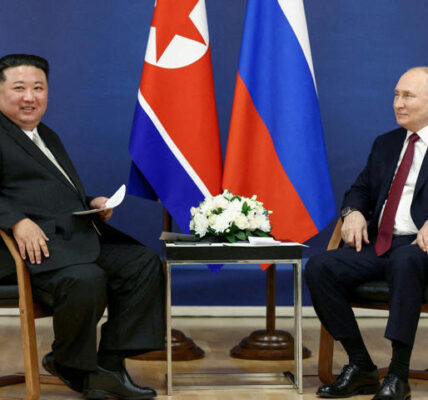Taiwan military drills by China around Taiwan, seen as punishment for separatist acts, escalate tensions. Beijing’s aggressive maneuvers and Taiwan’s defiant response highlight ongoing regional conflicts.
Taiwan Military Drills: China’s Latest Show of Force
Taiwan military drills have recently become a focal point of international concern as China initiated a series of extensive exercises around the island. These drills, conducted over two days, are being portrayed by Beijing as a strong punishment for what it considers Taiwan’s “separatist acts.” The timing of these exercises is particularly significant, occurring just three days after William Lai’s inauguration as President of Taiwan. Lai, viewed by Beijing as a “dangerous troublemaker,” represents a leadership that seeks to solidify Taiwan’s distinct identity.

Backdrop of Rising Tensions
China’s perspective on Taiwan is that it is a breakaway province that must eventually be reunified with the mainland. In contrast, Taiwan views itself as a separate entity, with its own government and democratic system. This fundamental disagreement has fueled decades of tension, and Taiwan military drills by China have become a regular occurrence, serving as a reminder of Beijing’s claims and intentions.
Military Exercises as a Show of Strength
The recent Taiwan military drills involved a significant display of China’s military capabilities, including the deployment of fighter jets and naval vessels. Over the past year, China has repeatedly practiced scenarios that involve encircling Taiwan, using these drills as both a strategic preparation and a psychological tactic to exert pressure on the Taiwanese government and populace.
Taiwan’s Response to Chinese Provocations
Taiwan’s defense ministry has strongly condemned the latest Taiwan military drills, describing them as “irrational provocations.” The ministry pointed out that in the days leading up to Lai’s inauguration, there was a noticeable increase in Chinese incursions into Taiwanese airspace and territorial waters. These incursions are not only a breach of Taiwan’s sovereignty but also a source of significant tension in the region.
The International Perspective
The international community has been closely monitoring the situation, with many countries expressing concern over China’s aggressive maneuvers. The United States, in particular, has reiterated its commitment to Taiwan’s defense, emphasizing the importance of peace and stability in the Taiwan Strait. Other nations have also called for restraint and dialogue, urging both sides to avoid actions that could escalate the conflict.
The Political Implications of the Drills
The timing of these Taiwan military drills is critical. William Lai’s inauguration marks the beginning of a new administration that is likely to pursue policies aimed at strengthening Taiwan’s autonomy. Beijing’s aggressive response can be seen as an attempt to intimidate and dissuade Taiwan’s leadership from making moves that could further assert its independence.
Historical Context of the Conflict
The roots of the Taiwan-China conflict go back to the Chinese Civil War, which ended in 1949. The losing side, the Kuomintang (KMT), retreated to Taiwan and established a government there, while the victorious Communist Party of China established the People’s Republic of China on the mainland. Since then, Taiwan has developed its own identity and democratic institutions, which have further complicated relations with Beijing.

© Provided by Daily Mail
Economic and Social Impacts on Taiwan
The ongoing military pressure from China, including the frequent Taiwan military drills, has significant economic and social impacts on Taiwan. The constant threat of military action affects investor confidence and can lead to economic instability. On a social level, the Taiwanese people live under the persistent shadow of potential conflict, which can impact national morale and the general sense of security.
Future Prospects and Potential Scenarios
Looking forward, the situation remains fraught with uncertainty. If China continues to escalate its military activities, there is a risk of miscalculation or accidental conflict. Conversely, Taiwan’s government may seek to strengthen its alliances with other democracies to counterbalance China’s pressure. The outcome will depend heavily on the actions and responses of both Beijing and Taipei, as well as the involvement of the international community.
Conclusion: A Call for Peace and Stability
The recent Taiwan military drills underscore the ongoing tensions between China and Taiwan. While Beijing views these exercises as a necessary demonstration of power and a warning against separatism, Taiwan and much of the international community see them as aggressive provocations that threaten regional peace and stability. Moving forward, it is crucial for all parties involved to engage in dialogue and seek peaceful solutions to avoid further escalation.
In summary, the Taiwan military drills are a stark reminder of the fragile balance in the Taiwan Strait and the need for continued efforts to promote peace and understanding in the region.
ALSO READ:
Tauonium Discovery: 5 Mind-Blowing Revelations!




